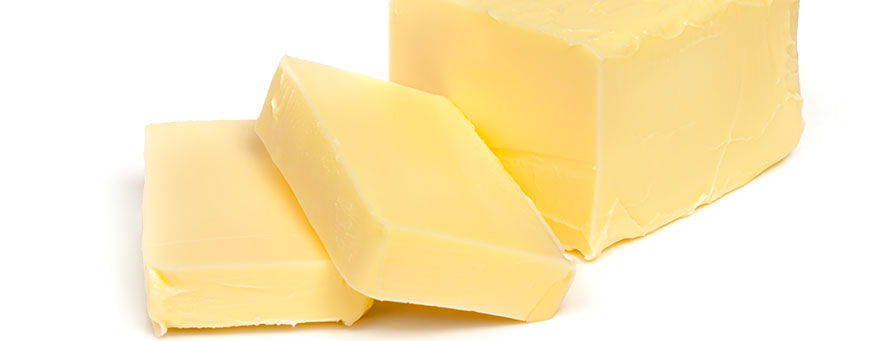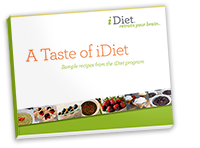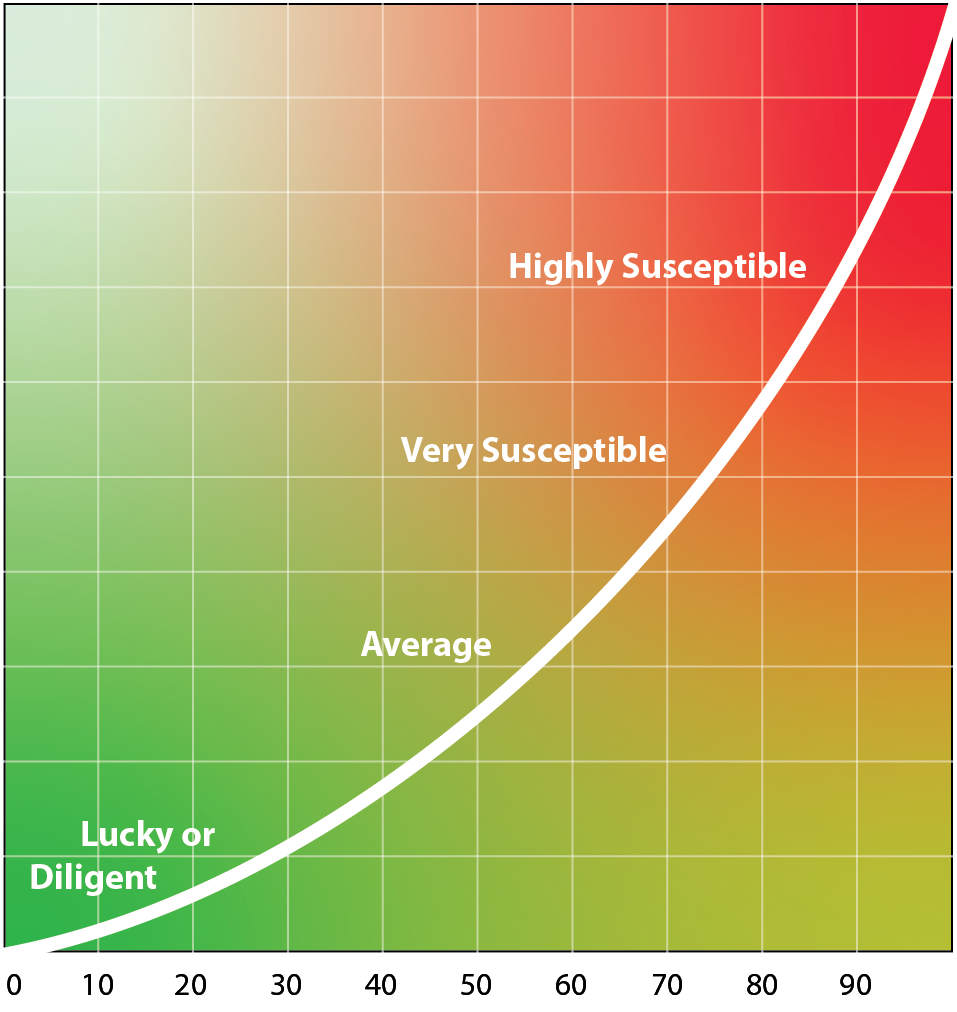The Skinny on Fat, Part 1: Moderation is Sexy

Yet another article, this one in the New York Times, weighed in this week on the war over carbs and fats, and appeared to come out strongly favoring high-fat. Here is my take on this issue from my perspective as a weight regulation expert. The article also talked about the health benefits of carbs versus fats, which is more complicated than carbs=bad, fat=good and I will leave that for another time.
The effects of a low-fat meal
First of all, yes, absolutely, the very-low-fat diets promoted years ago by groups like the American Heart Association (and Dean Ornish), have not stood the test of time. Think of eating a bowl of oatmeal plain or with just sugar. It’s low in calories and very high in carbohydrates, with almost no fat. First of all, you feel extremely full immediately after eating it. Then a couple of hours later you are ravenous, because the oatmeal carbs have been rapidly digested, and with the huge insulin surge you needed to process the carb spike, you now have lower blood glucose than you ever did before your breakfast. You are starving and proceed to overeat everything in sight, negating the low calorie content of the oatmeal itself. I once had a research subject who went clinically hypoglycemic, after eating a single bowl of oatmeal.
The consequences of a high-fat meal
But does that mean that very-high-fat foods — which have little effect on insulin and blood glucose — are good? Absolutely not! Think about eating a spread of full-fat cheese or a super-rich brownie. These fat-laden goodies are so calorie dense that you can eat an 800 calorie serving in a minute or less, without realizing it. And therein lies one of the problems with very-high-fat prescriptions — they pack so many calories into such a small space that you can eat way more than your body needs before you ever start to feel full. Another problem with very-high-fat meals is that they are naturally low in fiber, so they miss out on the important filling properties of this important hunger-moderating nutrient.
Diet extremes are neither natural nor helpful. Share on XExtremes are neither natural nor helpful
What this means is that, while shrill denouncements from the very-low-carb and the very-low-fat lobbies have some grains of truth in them, at the same time they are fundamentally unhelpful because they push us towards extreme diets when in fact a middle ground is the better place to be. Diets ranging from moderately-low to moderately-high carb, with due deference to the carbs being low GI and there being plentiful protein, fiber, and food volume via vegetable and fruit inclusion, take the best elements of both the high-fat and the high-carb camps without the disadvantages of either. Such diets are also more enjoyable (oatmeal with cream, or cheese with crackers are clearly better than when eaten alone!), adding a further justification to resisting the lure of unsustainable, extreme prescriptions.
I’m a rebel at heart, and to my mind, moderation is not a cool term — it sounds boring, and for that reason alone feels somehow less effective than extreme ways of eating that make you feel self-righteous for having suffered! But when it comes to looking after your weight, in fact a middle way is not just easier, it’s also more effective.
Register Today
Choose the program that’s right for you.

 Yes! I want to receive a 38-page cookbook, and be informed of upcoming classes. No obligation, instant download.
Yes! I want to receive a 38-page cookbook, and be informed of upcoming classes. No obligation, instant download. 